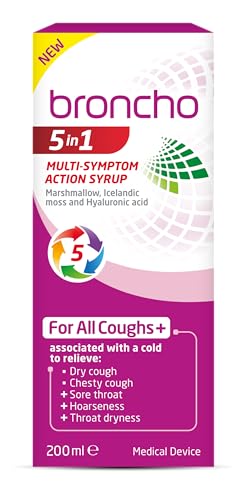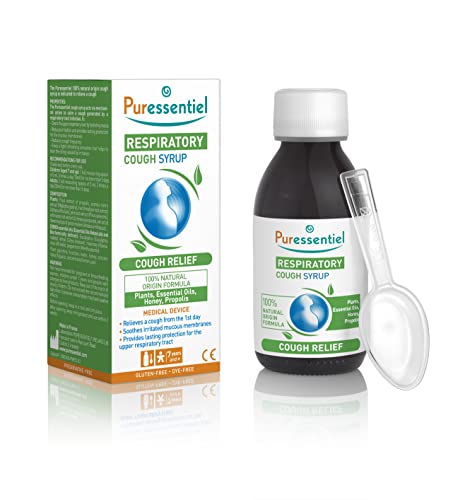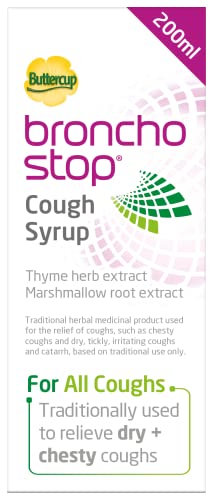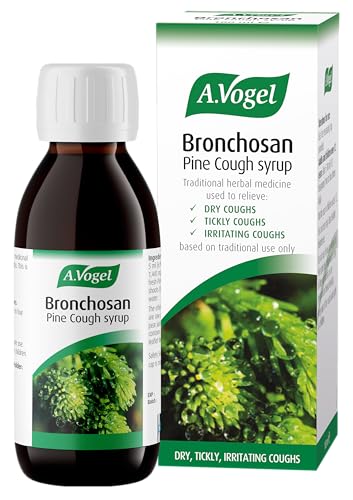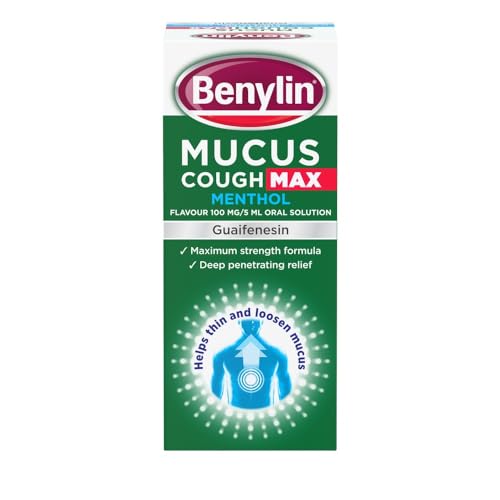Understanding Cough Syrups: What They Are and How They Work
What Are Cough Syrups?
Cough syrups are liquid medications designed to relieve coughs caused by various conditions, including colds, allergies, or irritants in the air. They provide relief by either suppressing the cough reflex or loosening mucus in the airways, depending on the type of cough and the formulation of the syrup. Imagine you’re at home, feeling under the weather with a nagging cough that keeps interrupting your day; a good cough syrup can offer the relief you need.
How Do Cough Syrups Work?
Cough syrups generally work by addressing different mechanisms in your body. Some syrups contain ingredients that act on the brain to reduce the urge to cough, while others contain expectorants which help thin and loosen mucus, making it easier to expel. Think of it as using a tool to either quiet a noisy alarm or to clear out a congested drain. Understanding how these mechanisms serve your specific cough can guide you towards the right product.
Types of Cough Syrups: Choosing Between Dry and Productive Cough Relief
Dry Cough Syrups
Dry cough syrups, often known as antitussives, are ideal for coughs that don’t produce mucus. Picture yourself in a quiet library trying to read, but every few minutes, an annoying dry cough interrupts your focus. These syrups can help silence that cough, allowing you to concentrate.
Productive Cough Syrups
On the other hand, productive cough syrups, containing expectorants, are intended for coughs accompanied by mucus. If your cough feels like it’s helping you clear your airways but leaves you uncomfortable, an expectorant syrup can aid in breaking up that mucus. It’s like having a cleaner for a foggy window; it helps you see clearly by removing blockages.
Active Ingredients Explained: What to Look For in a Cough Syrup
Common Ingredients
When shopping for cough syrups, familiarising yourself with the active ingredients can be beneficial. Dextromethorphan is a common ingredient found in many dry cough syrups; it works to suppress the cough reflex. Guaifenesin is a popular expectorant found in productive cough syrups; it helps thin the mucus, making it easier to cough up. Knowing these ingredients allows you to select a product that aligns with your specific needs.
Avoiding Harmful Substances
We also recommend checking for other ingredients that might not be suitable for everyone, such as alcohol or certain antihistamines. If you’re sensitive to these substances, it’s wise to choose a formula that is free from them. Reading labels can empower you to make informed choices tailored to your health requirements.
How to Use Cough Syrups Effectively: Dosage and Timing Tips
Understanding Dosage
Using cough syrup effectively hinges on correct dosage. Most packages provide clear instructions based on age and weight, and we suggest adhering to these guidelines closely. For example, in an adult, a typical dose might be two teaspoons every four to six hours, but this can vary based on the specific syrup. Taking more than the recommended dose won’t speed up your recovery and can lead to adverse effects.
Timing is Key
Timing can also affect the effectiveness of cough syrups. If your cough is worse at night, taking the syrup right before bed might provide the best relief for a good night’s sleep. Similarly, if your cough is prominent in the morning, taking it shortly after waking can help manage symptoms through your day.
Tips for Safe Use: When to Consult a Doctor Before Choosing a Cough Syrup
Recognising Warning Signs
While cough syrups are generally safe, there are instances where consulting a doctor is wise. If your cough lasts more than a week, is accompanied by a fever, or if you’re experiencing shortness of breath, it’s important to seek professional advice. We recommend keeping an open line of communication with your healthcare provider to ensure you choose the best approach for your particular situation.
Specific Considerations for Certain Populations
Particular populations, such as pregnant women, children, or individuals with chronic health conditions, should exercise caution. What works for one person may not be suitable for another, so discussing options with a healthcare professional can be crucial. They can guide you on the safest choices tailored to your individual health status.

